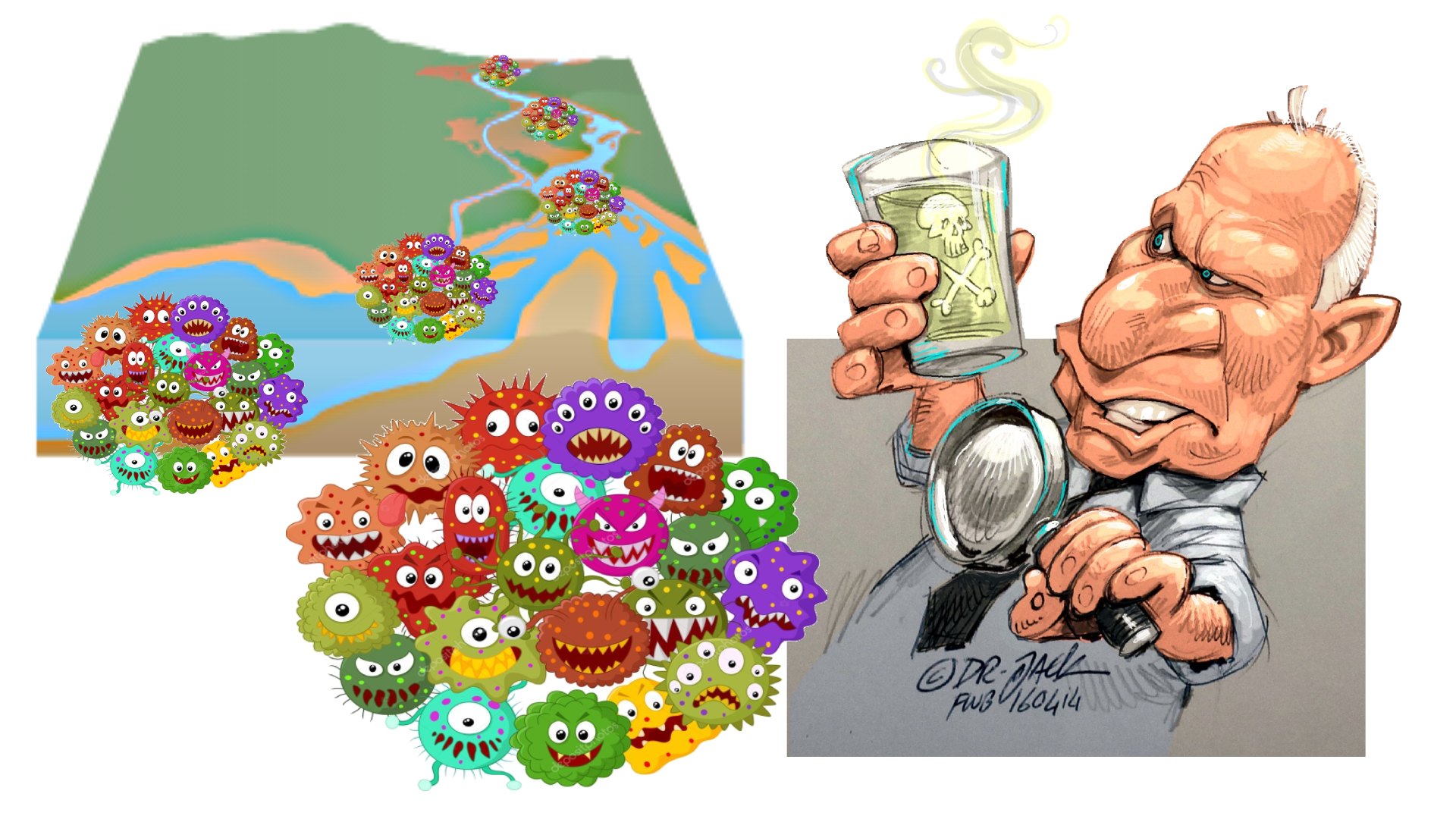
Antibiotics, antiretrovirals, estrogen and drug-resistant pathogens now available in an estuary near you
Antibiotics, antiretrovirals, estrogen, and drug-resistant pathogens now available in an estuary near you: KZN especially pay attention. And vote accordingly.
Transcription of Professor Anthony Turtons narrative from this Video on YouTube…
“When looking at the human population growth trajectory over the last hundred of thousands of years we are taken by two very important facts. The first is that the human growth population trajectory was very flat until the Industrial Revolution. Once the Industrial Revolution happened it literally unleashed a series of technological possibilities and processes. That propelled the human population into very rapid growth.
But this was accelerated by the second factor in the 1960s when antibiotics became commonplace. Prior to that antibiotics were only discovered between the first and second world wars and they were mainstream during WWII. They became publicly accessible on a wide scale only in the 1960s. And once we had antibiotics of course then human life was less at risk. Because ordinary infections that would normally have killed people, could now be brought under control. At a very very early stage. And that propelled human population growth into an exponential trajectory.
However on the wastewater side what we also need to remember is that all drugs that are taken including your antibiotics, but also antiretrovirals and antidepressants, hormone replacement medications such as estrogen – all of that comes back in the return flow in rivers and its only because of the Industrial Revolution that we now have massive amounts of sewage return flows that all go back into our rivers and eventually accumulate in the estuaries. And those sewage return flows are laden with
- antibiotics.
- with antiretrovirals.
- with oestrogen and oestrogen mimikers.
- with a range of other medications
All of which are now starting to generate the next generation of multi-drug-resistant pathogens.
So it’s not inconceivable that in the very near future we go to start seeing things come out of our estuaries in particular. Where we get drug-resistant pathogens and we starting to see early evidence of that now in the form of something known as Necrotizing Fasciitis which is the most technical word for flesh-eating bacteria.
And we start to see this happen in our oceans and we already had some cases in the Umhlanga Rocks area. We are also starting to see it in our lagoons. We’ve had one or two cases in the lagoon areas. And we also see it inland in some of our rivers. We’ve had a few cases now in the Vaal River system.
And in all cases, these bacteria survive in saline water that gets contaminated by sewage and of course these bacteria these pathogens are now proliferating in the presence of antiretroviral and antibiotics so they are becoming multidrug-resistant. This is a huge problem that we are going t have to start setting our sights on – over the next decade.
Because this is the timeline that it’s likely to hit us.”
By Professor Anthony Turton
More at https://thesardine.co.za.
The water is a lot cleaner down here in Port Shepstone where you can come fishing with https://umzimkuluadrenalin.co.za.
